What to do if you want to live nearer to your family and friends
What to do if you want to live nearer to your family and friends

It can be lonely living far away from your family and friends.

You might think about moving home to be nearer to them.

If you decide you want to move you might not be able to:

- find a new home

- pay for a new home.

You may end up being homeless.

You might have to pay for your old home and your new home.

There are things you can do instead of moving that may make you feel better.

You could ask your friends and family to:
- visit you more

- phone you more.

You can also ask your
support worker
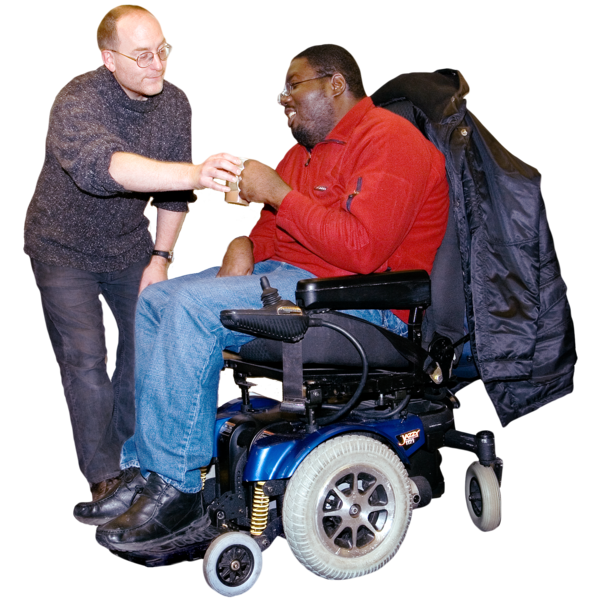 Support workers
Support workers
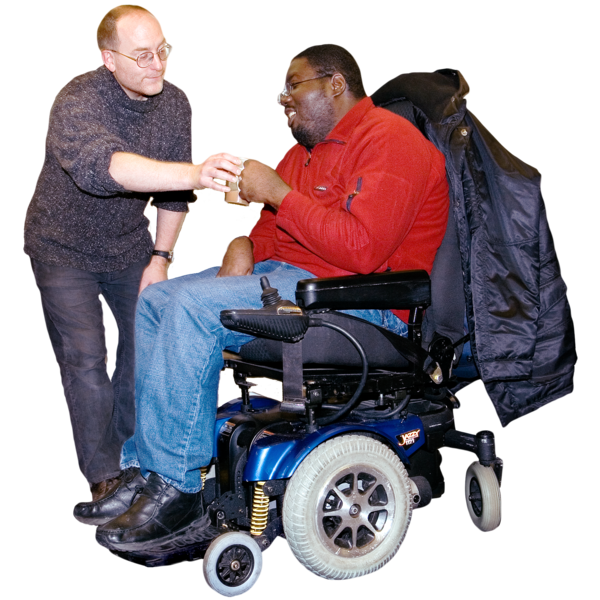 Support workers are people who are paid to give care and support to people who need it.
are people who are paid to give care and support to people who need it.
or
social worker
Support workers are people who are paid to give care and support to people who need it.
are people who are paid to give care and support to people who need it.
or
social worker
 A social worker is someone who can help you get the support you need. Social workers usually work for your local
council
A social worker is someone who can help you get the support you need. Social workers usually work for your local
council
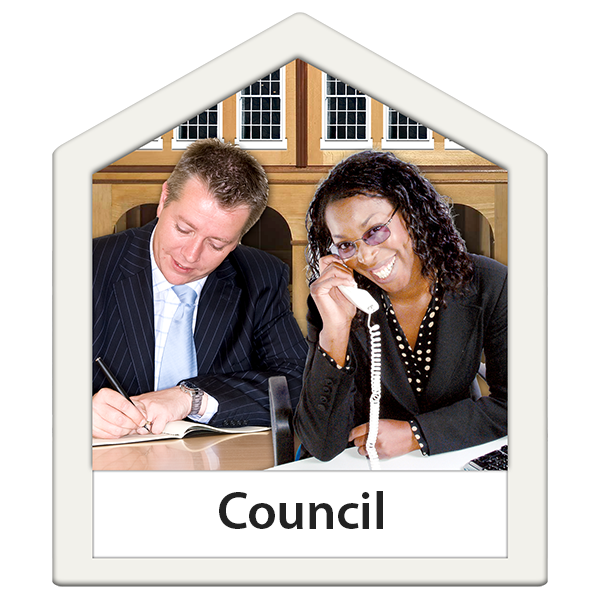 A council is also called a
local authority
A council is also called a
local authority
 A local authority is also called a council. They are a group of people who make decisions about some of the things in the area where you live like schools,
social care
A local authority is also called a council. They are a group of people who make decisions about some of the things in the area where you live like schools,
social care
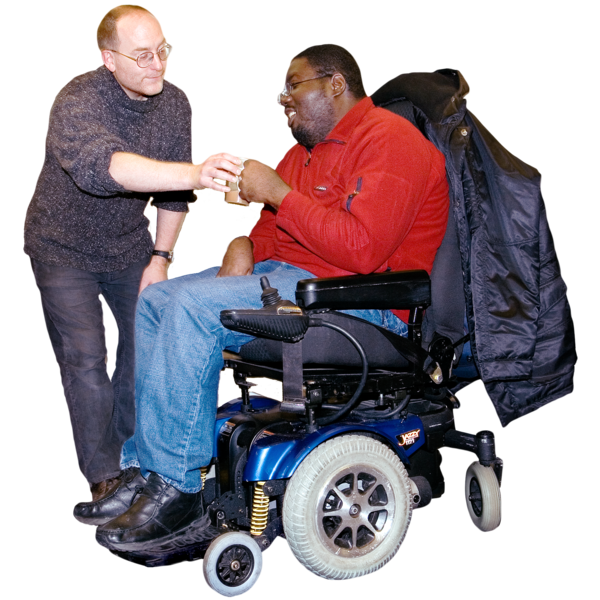 Social care means the services that give care and support to people who need it.
(support for people), parks and dustbin collection.
. They are a group of people who make decisions about some of the things in the area where you live. These include: schools, social care (support for people), parks and dustbin collection.
.
if there are any activities near you where you can make new friends.
Social care means the services that give care and support to people who need it.
(support for people), parks and dustbin collection.
. They are a group of people who make decisions about some of the things in the area where you live. These include: schools, social care (support for people), parks and dustbin collection.
.
if there are any activities near you where you can make new friends.

If you still want to move nearer to your family and friends...
There are things you should do before you move.

1. Talk to someone you trust
Moving home is a big decision.
Talk to someone you trust about wanting to move nearer to your family and friends.

You can ask them to help you find somewhere to live and go to any meetings with you.

2. Talk to your council
Your council might be able to tell you how you can move nearer to your family and friends.

3. Check your tenancy agreement
If you do not own your home you should have a tenancy agreement.
Your
tenancy agreement
 A Tenancy agreement is where the person renting a house, and the person who owns the house, agree on things like how much
rent
A Tenancy agreement is where the person renting a house, and the person who owns the house, agree on things like how much
rent
 Rent is the money that you pay to live in your home when you have a tenancy agreement. Your home belongs to a
landlord
Rent is the money that you pay to live in your home when you have a tenancy agreement. Your home belongs to a
landlord
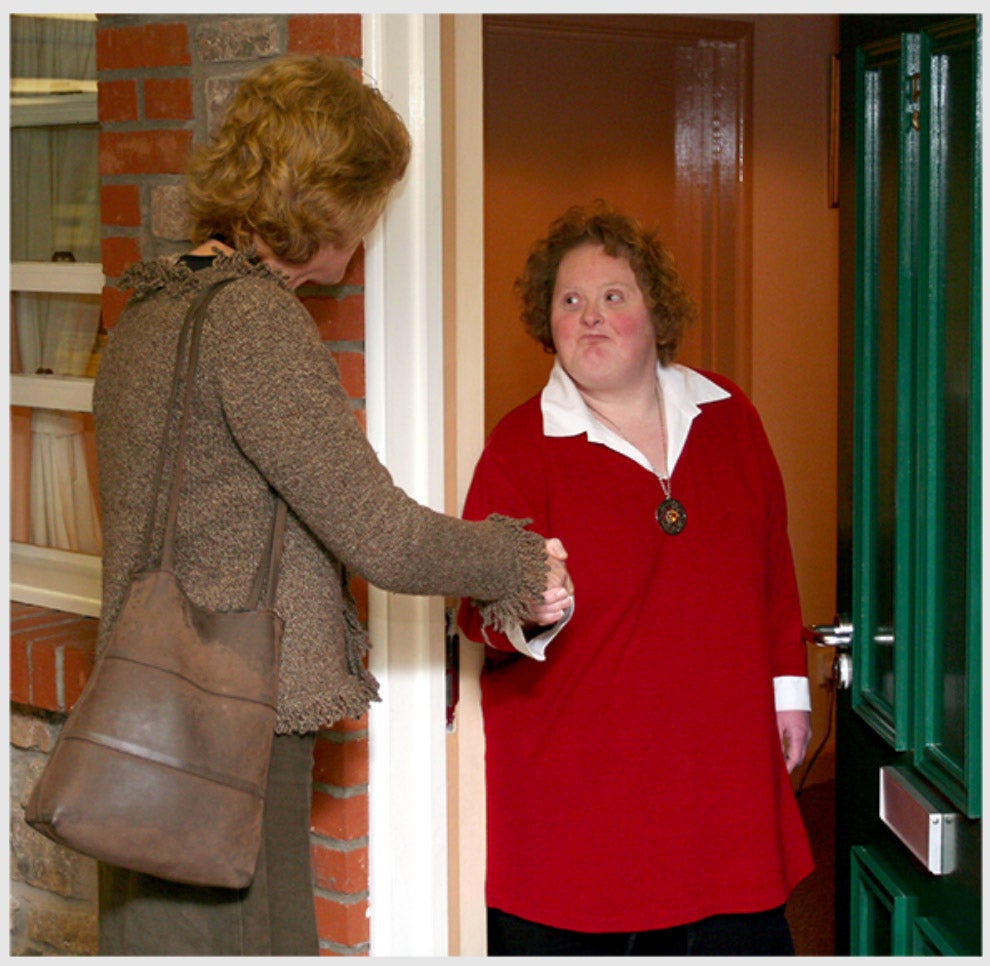 A landlord is the owner of a property which they rent out to tenants. They can be a council, a housing association, or an individual person.
, but you have a right to live there as long as you follow the rules that are in your tenancy agreement.
to pay, who will mend things like the cooker if they go wrong, and whether you are allowed pets.
tells you the things you must do if you want to leave.
A landlord is the owner of a property which they rent out to tenants. They can be a council, a housing association, or an individual person.
, but you have a right to live there as long as you follow the rules that are in your tenancy agreement.
to pay, who will mend things like the cooker if they go wrong, and whether you are allowed pets.
tells you the things you must do if you want to leave.

You can call the
Learning Disability
 A learning disability is to do with the way someone's brain works. It makes it harder for someone to learn, understand or do things.
Helpline on 0808 808 111 if you:
A learning disability is to do with the way someone's brain works. It makes it harder for someone to learn, understand or do things.
Helpline on 0808 808 111 if you:

- do not understand your tenancy agreement

- do not have a tenancy agreement

- have another problem about housing.

4. Tell your landlord you want to leave before you move
Your landlord is the person who owns your home, who you pay rent to.

Before you tell your landlord you are going to move out, you must make sure you have somewhere new to go to.

Most people have to tell their landlord when they want to leave by writing to them.
This is called giving them notice.

You might need to tell your landlord 1 month before you leave that you are going to move.
But you might have to stay longer.
Ask for help to check your agreement if you do not know when you can leave.
How to find somewhere new to live near family and friends

If you live in a home owned by the council or a housing association:
Do not just leave your current home.
It can be very hard to get another council or housing association home.

Ask your council or housing association if they have a house swap service.
A house swap is when they allow you to find someone who:
- lives in the area you want to move to
- wants to move to the area you live in
You then swap homes with them so they live in your old home and you live in their old home.
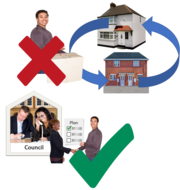
You must not swap your home with someone else on your own.
The council or housing association have to say it is OK for you both to swap first.

If they say no to a house swap you can ask them why.
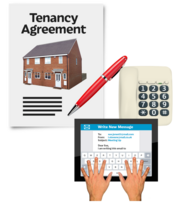
You can find the contact details of the council or housing association in your tenancy agreement.

Moving into a home owned by a private landlord:
You might need to rent from a private landlord if you cannot find somewhere else to live.

You usually have to pay more rent to live in a home owned by a private landlord.
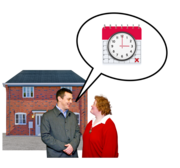
A private landlord might say you can only live there for a few months.

A private landlord might ask you to leave after a while.
If this happens contact the Learning Disability Helpline as soon as you can.

It can be hard to get a private landlord to make changes to your home if you need things because of a disability.
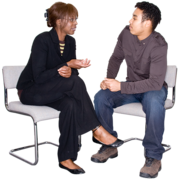
If you live in a home owned by a council or housing association, talk to your support worker or social services if you want to move to a home owned by a private landlord.

Other ways to find a new home:
Lots of private landlords use letting agents to find people to rent their homes.
Letting agents are companies with people who can tell you about homes you can rent.

If you meet with a letting agent take someone you trust with you.
The letting agent might try to make you move into somewhere you are not sure about.

You also can ask the housing team at your council for help.

You can find the contact details for your council on the government website.

